Is it okay to pop inflammatory acne? For many, squeezing inflamed pimples feels like a quick fix. However, this habit often leads to worse inflammation, scarring, or infection. In this article, HBIO Clinic reveals why popping inflammatory acne is not recommended and shares expert-approved methods to treat this skin condition safely and effectively.
Why You Shouldn’t Pop Inflammatory Pimples
Can you pop inflammatory acne? Technically, yes—but it’s highly discouraged. Inflammatory acne refers to a more severe form of acne involving swelling, redness, and tenderness. It includes papules, pustules, cysts, and nodules, which form due to blocked pores combined with bacteria and excess sebum.
When you pop these lesions, you risk rupturing the follicle wall, allowing bacteria and debris to spread deeper into the skin. This often leads to more inflammation, post-acne marks, and even permanent scars. So, is it recommended to extract inflammatory acne? Absolutely not—especially without professional guidance.

What Causes Inflammatory Acne?
Understanding the root cause of inflamed acne can help in choosing the right treatment:
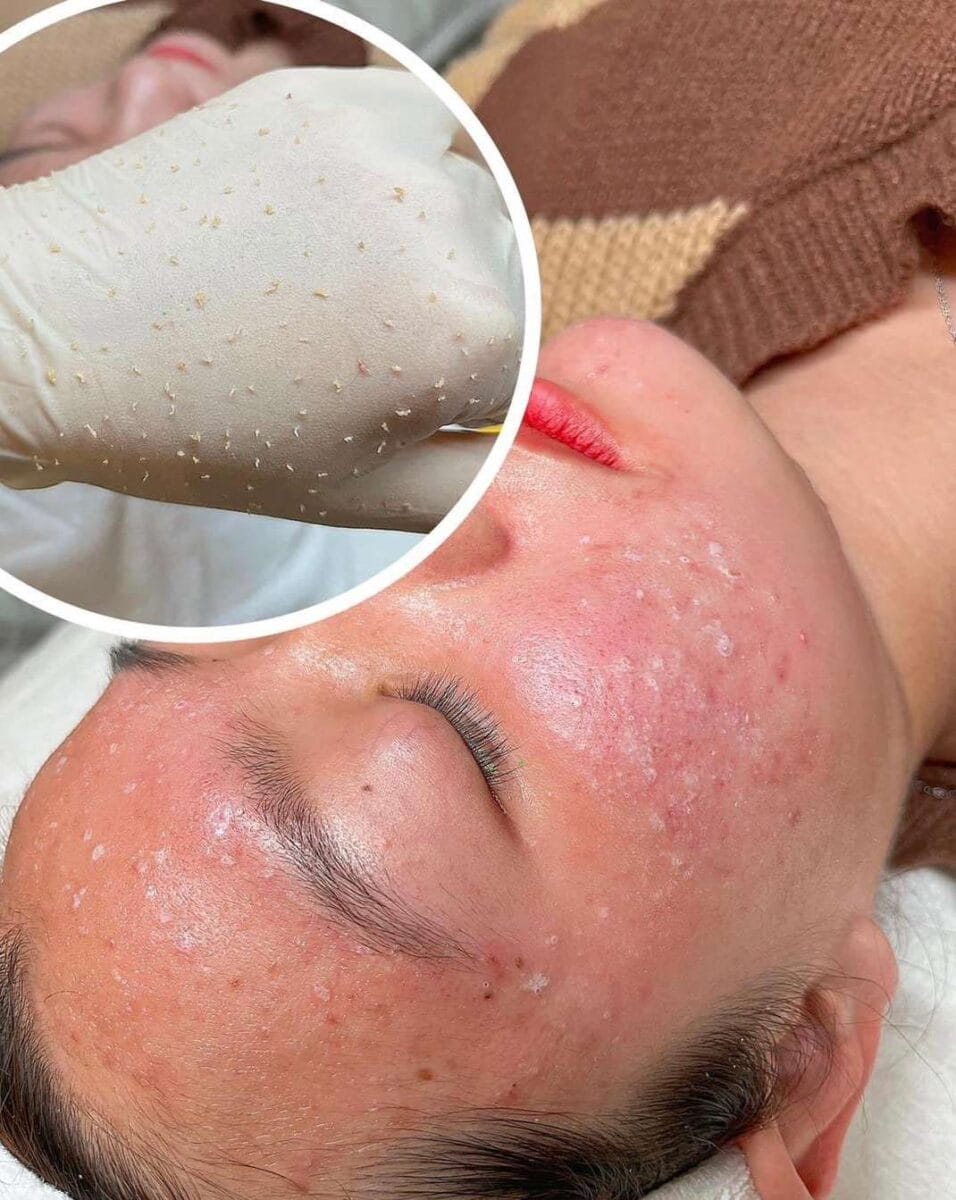
Clogged Pores
-
Excess oil (sebum): Overproduction by sebaceous glands can block pores.
-
Dead skin cells & dirt: Combine with oil to form acne-causing plugs.
-
Unsuitable cosmetics: Heavy makeup or comedogenic products can worsen inflammation, especially in sensitive skin types.
P. acnes Bacteria
The Propionibacterium acnes bacteria thrive in clogged follicles, triggering immune responses and visible inflammation.
Hormonal Fluctuations
Puberty, menstruation, pregnancy, and contraceptive use can all cause hormonal shifts that increase sebum production.
Stress
Elevated cortisol levels can stimulate oil glands, making the skin more prone to acne.
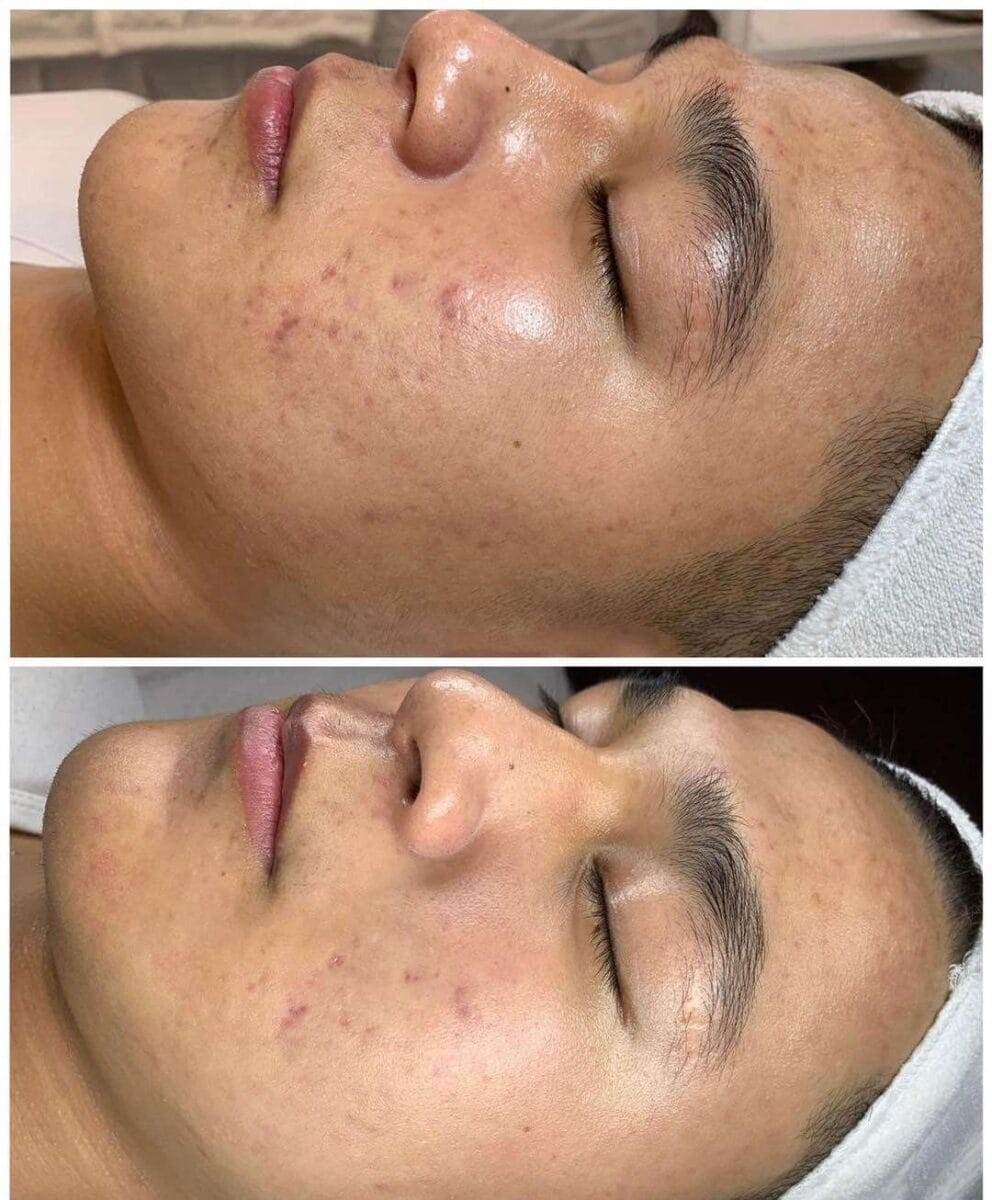
Diet
-
High-glycemic foods (sugar, dairy, processed foods) can spike insulin levels, increasing inflammation.
-
Oily and greasy foods may aggravate acne-prone skin.
Poor Skincare Habits
-
Infrequent cleansing or using harsh products can damage the skin barrier.
-
Over-exfoliation can strip moisture, making inflammation worse.
Genetics
Family history influences oil production and acne severity.
Environmental Pollution
Dust, toxins, and smog can clog pores and trigger breakouts.
Unhealthy Lifestyle
Lack of sleep and poor routines can weaken skin’s healing capacity.
Click here : Reputable Pitted Scar Treatment Center in Hanoi – Top 5 Trusted Depressed Scar Treatment Clinics
How to Treat Inflammatory Acne Safely
Instead of popping, try these expert-approved treatments:
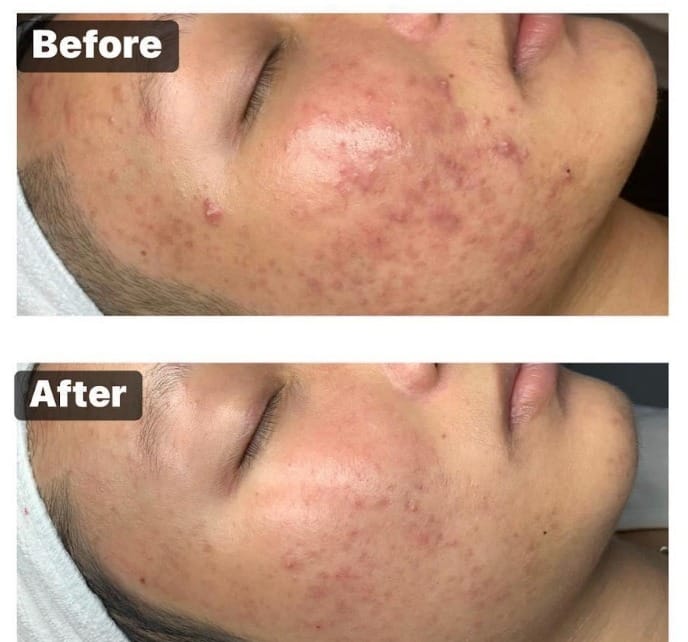
Topical Treatments
-
Benzoyl Peroxide: Kills acne-causing bacteria and reduces swelling.
-
Retinoids (Tretinoin): Unclogs pores, prevents new breakouts, and boosts skin regeneration.
-
Topical Antibiotics: Help control bacteria and reduce redness.
Oral Medications
-
Oral Antibiotics: Like doxycycline or minocycline for moderate to severe cases.
-
Isotretinoin (Accutane): A last-resort prescription for chronic cystic acne.
Chemical Exfoliants
-
Salicylic Acid (BHA): Penetrates pores, removes dead skin, and fights inflammation.
-
Alpha Hydroxy Acids (AHAs): Brighten skin and speed up cell turnover.
Anti-Inflammatory Skincare
-
Products with niacinamide, aloe vera, or green tea extract help calm irritation and support healing.
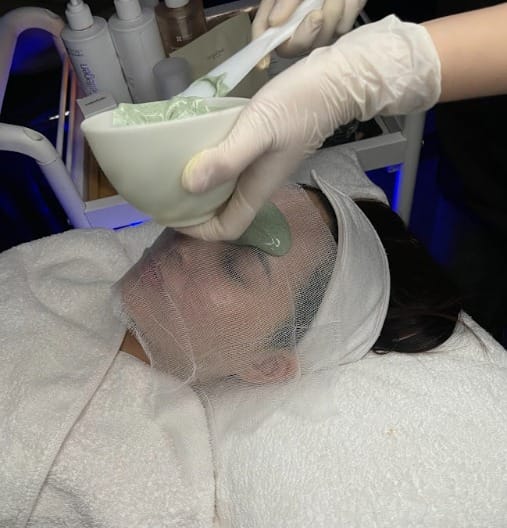
Click here: Meso Injection for Acne Treatment: Results & Cost at HBIO
Chemical Peels
Medical-grade peels reduce bacterial buildup, improve texture, and minimize post-acne marks. Must be done by licensed professionals.
Laser & Light Therapy
-
Blue light therapy: Targets acne-causing bacteria without harming surrounding tissue.
-
Laser treatments: Also boost collagen, assisting in scar reduction and skin repair.
Lifestyle Adjustments
-
Stress management: Yoga, meditation, or regular exercise can reduce flare-ups.
-
Healthy diet: Focus on vegetables, fruits, and hydration. Limit sugar and dairy intake.
Consult a Dermatologist
If home remedies aren’t effective, see a professional for a tailored skincare plan.
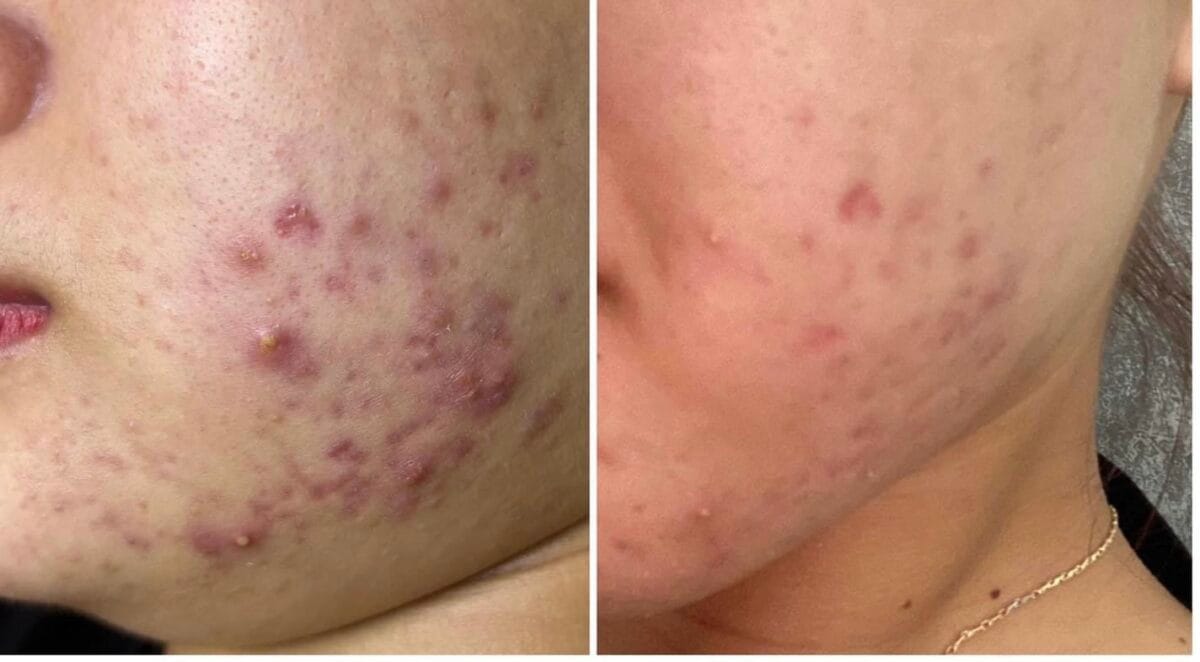
Avoid causing acne
The answer is no. Popping inflammatory acne often does more harm than good. It can worsen infections, delay healing, and lead to scarring. Instead, focus on targeted treatments, proper skincare, and support from dermatology professionals to effectively manage and prevent breakouts.
Remember: clear skin is a journey, not an overnight fix. Be patient and consistent with care to restore a healthy, glowing complexion.
Click here : Types of Melasma and Effective Treatment Options
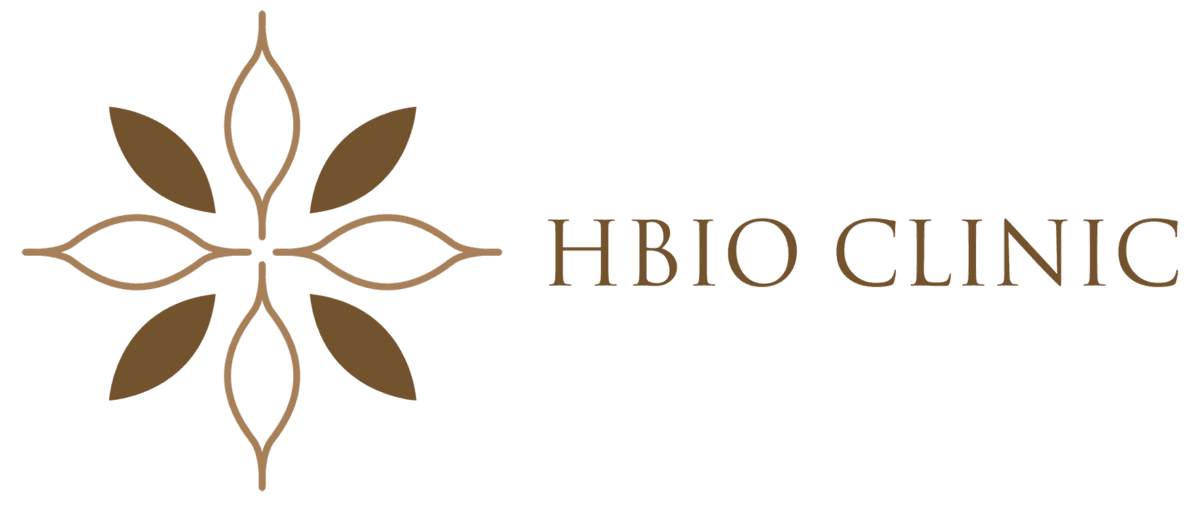

 Tiếng Việt
Tiếng Việt
Dr. Thai Nguyen – Founder and Medical Director of HBIO Clinic. As an expert in aesthetic dermatology, she regularly shares in-depth knowledge and practical experience to provide valuable and insightful information for those seeking better skin health.